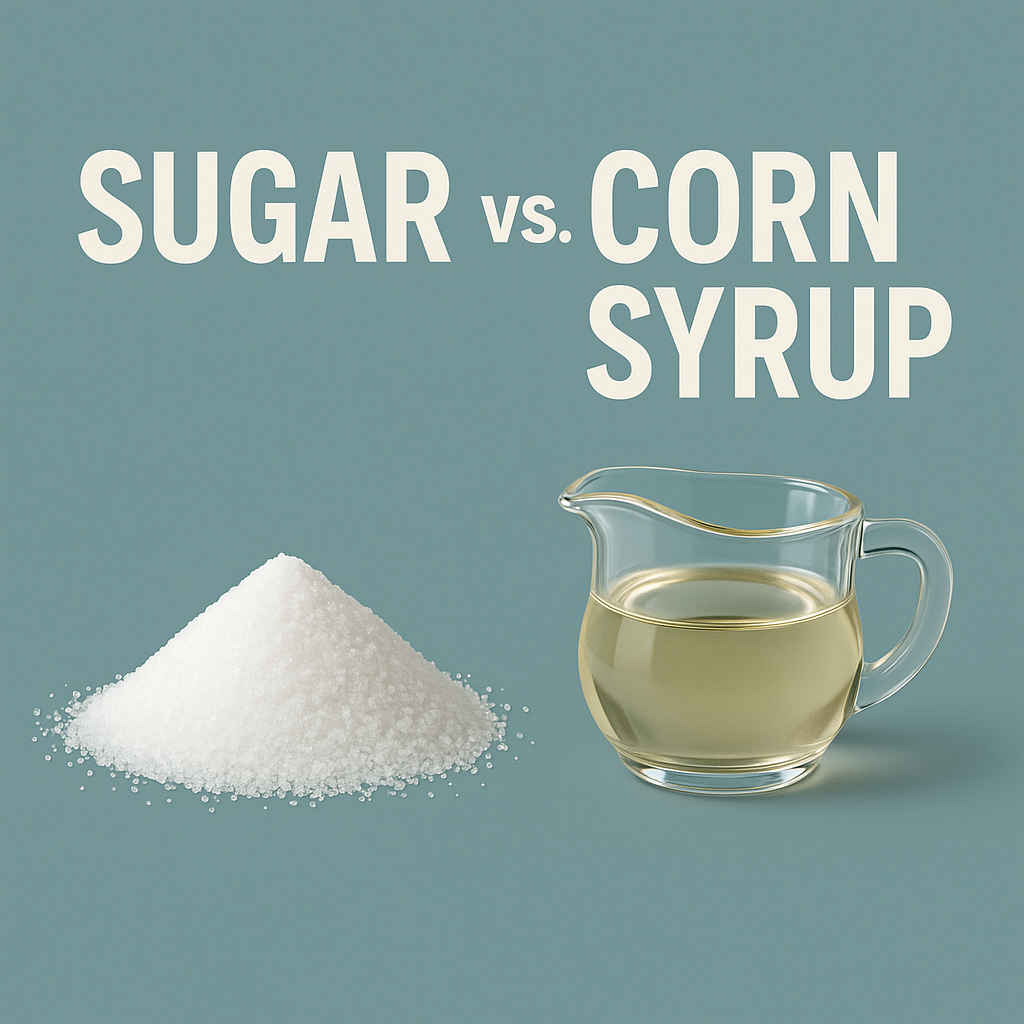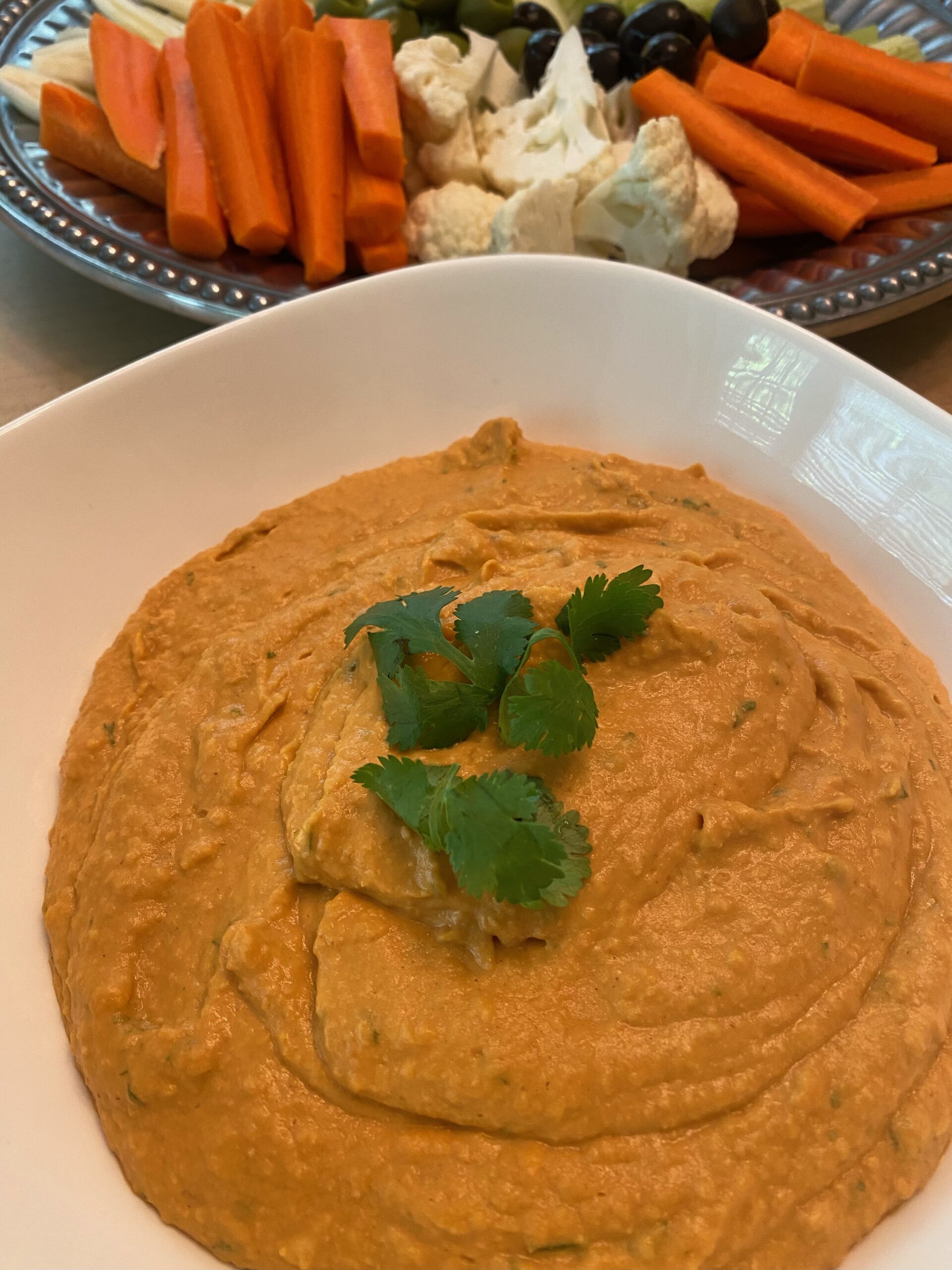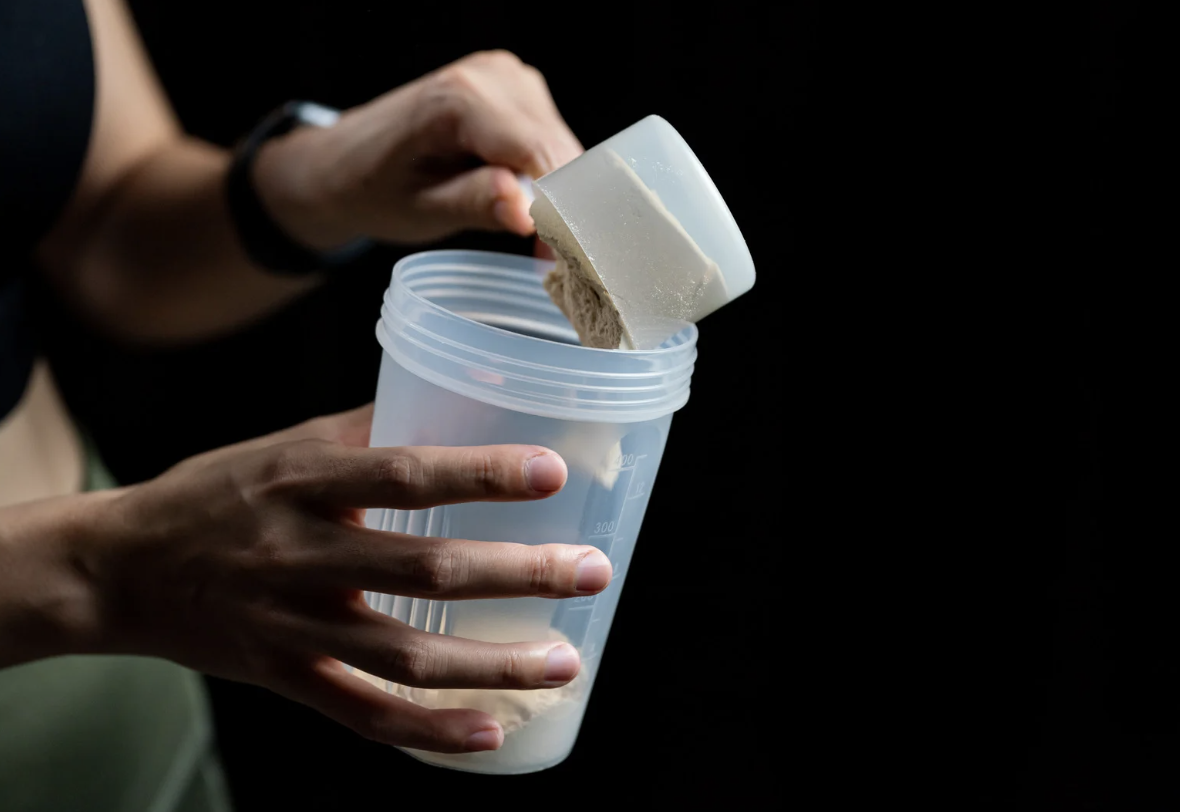Motivation: Cane Sugar vs. High Fructose Corn Syrup: Which Is Healthier?
Sugar is everywhere. In sodas, desserts, cereals, and even in foods you wouldn’t expect. One of the most common questions we hear is: “Is cane sugar healthier than high fructose corn syrup (HFCS)?” With Coca-Cola and other beverage companies now offering “cane sugar” versions of their products, it’s important to take a closer look. What Is High Fructose Corn Syrup? High fructose corn syrup is a sweetener made from cornstarch that’s processed to increase its fructose content. Food manufacturers like HFCS because it’s inexpensive, widely available, and helps products last longer on the shelf. It’s found in everything from sodas and sweetened drinks to baked goods, yogurts, and cereals. What About Cane Sugar? Cane sugar is less processed than HFCS and comes from sugarcane or sugar beets. While it...











